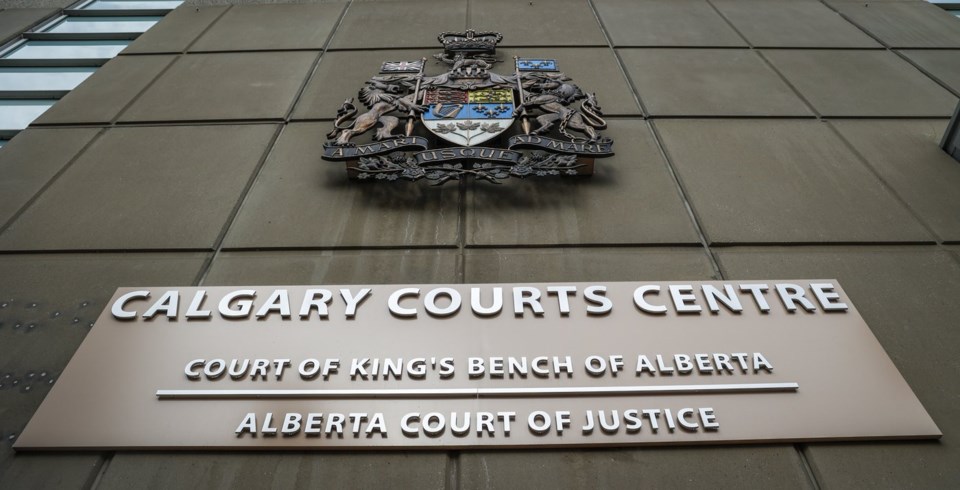The 1950s and 1960s were a period of brutal railway axes across England, especially in the North West. The Beeching Axes alone were responsible for the closure of around 6,000 route miles and 2,363 stations - an effort to save costs across the network. The result is that boroughs like Hyndburn, Bury, and more are stripped of rail links.
Here are some 'forgotten' stations you might not know about. Baxenden The overgrown site of Baxenden Railway Station The village on the outskirts of Accrington had a railway station of the same name up until 1951. Read more: App being developed to check when trains were last cleaned Read more: Councillor urged to go on conflict resolution training after ‘intimidating’ behaviour Read more: Council boss calls for elected mayor to help sort out train chaos It lay on the East Lancashire Railway (ELR), which linked East Lancashire , of course, with Manchester, and is still operational as a heritage line for some of the stretch.

Baxenden station had a direct service to Manchester Victoria, with other ones heading north towards Colne. What went against the station, though, was its inconvenient location, which is where the current Hollands Pies lorry park is, down the hill from Blackburn Road, a decent distance or so from Baxenden village, meaning the bus service was more attractive. Waterfoot A dis-used tunnel serving the former line in Waterfoot The Rossendale valley is currently without any functioning railway stations (excluding those for heritage purposes).
Waterfoot, located on the A681 in the east of the borough, was one place that was stripped of one in the 1960s. After Dr Robert Beeching, the former chairman of British Rail, announced his vision for the future in 1963's The Reshaping of British Railways, the Accrington to Bury Bolton Road section of railway was recommended for complete closure, along with the section branching off at Stubbins towards Rochdale, which included Waterfoot. Meaning on December 5, 1966, Waterfoot station served its final passengers.
The 464 Accrington to Rochdale bus takes the place of the former station in terms of public transport. Bolton Great Moor Street A derelict Great Moor Street Station Opened in 1831, this station is one that more people may be more aware of, with it being on the site where Morrisons is now in Bolton town centre. Initially serving passengers from Bolton to Liverpool, the station grew in prominence in 1838, when through increased rail development in the country, the town became in greater reach of London due to the London and Birmingham Railway.
However, with the opening of Bolton's current main station on Trinity Street, the Great Moor Street became superfluous, resulting in its closure in March 1954. The building was demolished in 1966. Stubbins Located on the border between Lancashire's Rossendale and Greater Manchester, Stubbins is the most recently closed station on the list, with its last passenger service departing in summer 1972.
Unlike a lot of stations north of Bury, Stubbins survived the 50s and 60s, and following the wielding of Dr Beeching's axe in 1966, served a shuttle service from Rawtenstall to Bury. In 1970, it was reduced to one platform, before its sole service was completely cut. The platforms remain today.
Daubhill On the A579 St Helens Road, at junction with Back Henry Lee Street in Bolton, lies the site of a real 'forgotten' station. Daubhill station closed in 1885, after beginning its short-lived life in 1828. It had services towards fellow lost station Bolton Great Moor Street and Kenyon Junction station near Culcheth in Warrington.
Although it closed long before, the line which the former station served still had a operational railway on up until 1964, when, as I'm sure you'll have realised by now, plenty of stations were lost..
Health

The 5 'forgotten' railway stations across the area you may never knew existed

The 1950s and 1960s were a period of brutal railway axes across England, especially in the north west.















